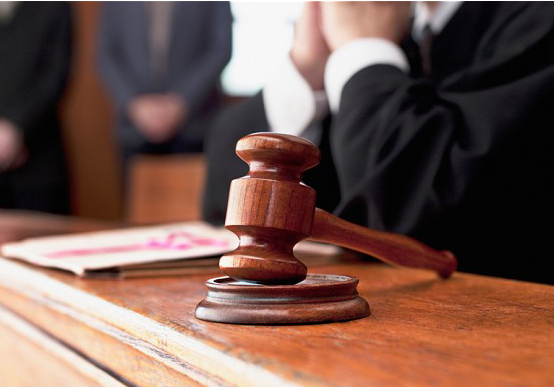
Sep 20, 2016 | News
The ICJ expresses its deep concern at recent developments in Botswana in respect of impeachment proceedings initiated against four judges and their suspension from office pending a disciplinary hearing.
The four judges, constituting one-third of the 12 Member High Court of Botswana, Justices Key Dingake, Modiri Letsididi, Ranier Busang and Mercy Garekwe, were suspended under section 97 of the Botswana Constitution on allegations of misconduct and bringing the name of the judiciary into disrepute.
The ICJ calls on all involved judicial and executive authorities to scrupulously respect the principles governing the independence of the judiciary in their conduct in addressing this serious situation, including in their actions throughout the course of any impeachment and disciplinary proceedings.
On 28 August 2015, the President of Botswana, Ian Khama, suspended the four judges after they, along with the other eight members of the Court, signed a petition directed to the Chief Justice.
The petition had objected, among other things, to alleged poor conditions of service, as well as disparaging comments the Chief Justice was said have made about another judge’s ethnicity and defamatory statements related to corruption.
The petition also advocated for the Chief Justice’s impeachment and was copied to all judges of the High Court.
The Chief Justice and the President took issue with the contents and tone of the petition, alleging it to be disrespectful of the Chief Justice and causing disrepute of the judiciary in the eyes of members of the public.
On the 4th of September 2015, the Law Society of Botswana (LSB) issued a statement in which it condemned the actions taken by the Chief Justice and President against the four judges.
The LSB considered that the case ought to have been resolved administratively rather than through what it said was “selective” impeachment of only four out of the 12 judges, particularly as no prima facie evidence existed that a crime had been committed.
The LSB alleged that “the selective approach in suspending and subjecting to a Tribunal only four (4) of the twelve (12) Judges who had signed the Petition, supported the widely held view that the action was a witch-hunt intended to remove certain Judges and ensure a more Executive Minded Bench.”
On the 23rd of September 2015, the LSB issued another statement following reports that three of the 12 judges had withdrawn their signatures to the petition after the judges had been “offered an ‘amnesty’ against any possible action being taken against them if they retract their association and / or apologise”.
The LSB went on to criticize an amnesty “made only to a select few of the Judges and not all” the 12 judges who signed the petition.
On 24 September 2015, the LSB issued a further statement calling on the Chief Justice to resign or face impeachment after the JSC offered amnesty to three other judges, who had signed or associated themselves with the petition.
The amnesty extended to any possible action being taken against them if they retracted their association and / or apologized. The offer of amnesty was not made to all 12 judges that had signed the petition, and in particular, it was not made to the four suspended judges.
On 28 September 2015, the Impeachment tribunal was to have commenced hearing of the matter, but the four concerned judges instituted litigation against appointment of the Tribunal and their suspension, which litigation is still pending.
Since then, the courts have been irregularly issuing instructions, contrary to proper procedure, through the Registrar of the High Court in the pending litigation, and given that the Registrar is party to the litigation, this creates an inherent conflict of interest.
These developments surrounding this case have raised serious concerns over the independence of the judiciary generally but more specifically the prospects for an independent, impartial and fair hearing for the suspended judges.
Read mor
botswana-impeachment-judges-news-web-stories-2016-eng (full text in PDF)
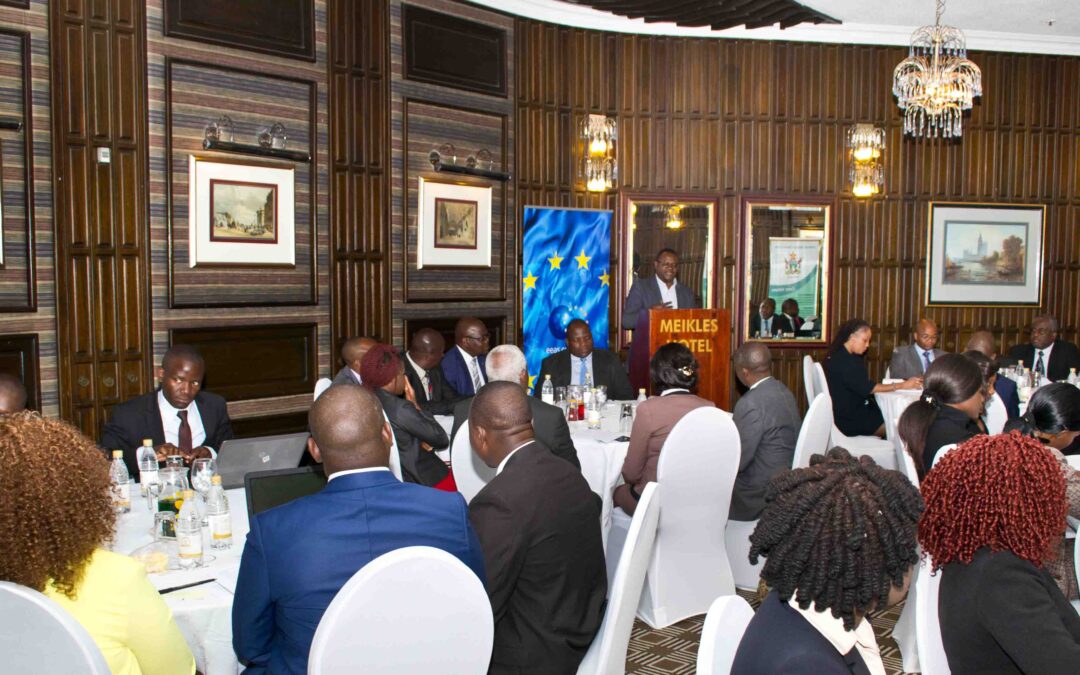
Aug 12, 2016 | News
The ICJ and the Judicial Service Commission of Zimbabwe (JSC) today held a one-day workshop in Harare to review the Magistrate Court Civil Rules.
Mr Chikwana, Deputy Secretary of the Judicial Service Commission of Zimbabwe, provided the opening remarks to the meeting.
He stated that the purpose of the review was to reconcile the procedural requirements in the courts with the provisions of the new constitution of Zimbabwe (2013).
Mr Chikwana mentioned that one of the objectives of the revisions was to create uniformity in the Rules of the different courts and in so doing make court processes simpler and more accessible to the general public.
Arnold Tsunga, ICJ’s Director for Africa, said that the whole idea behind the in-country activities carried out by the ICJ was to strengthen justice administration in Zimbabwe.
The workshop commenced with a presentation on an Overview of the current rules and feedback on input from Stakeholders by Justice Uchena.
Thereafter the delegates were assigned to groups to discuss the 34 Orders within the Rules of the Magistrate’s Court. After the 45-minute discussions, the groups presented their feedback.
The meeting was attended by judicial officers from the Constitutional Court, High Court and Magistrate Court; members of the legal profession, academia and civil society organizations.
Other notable attendees at the workshop include the Deputy Attorney General Nelson Dias and Mr Edward Mapara from the Law Society. There were 23 female and 24 male delegates at the workshop.
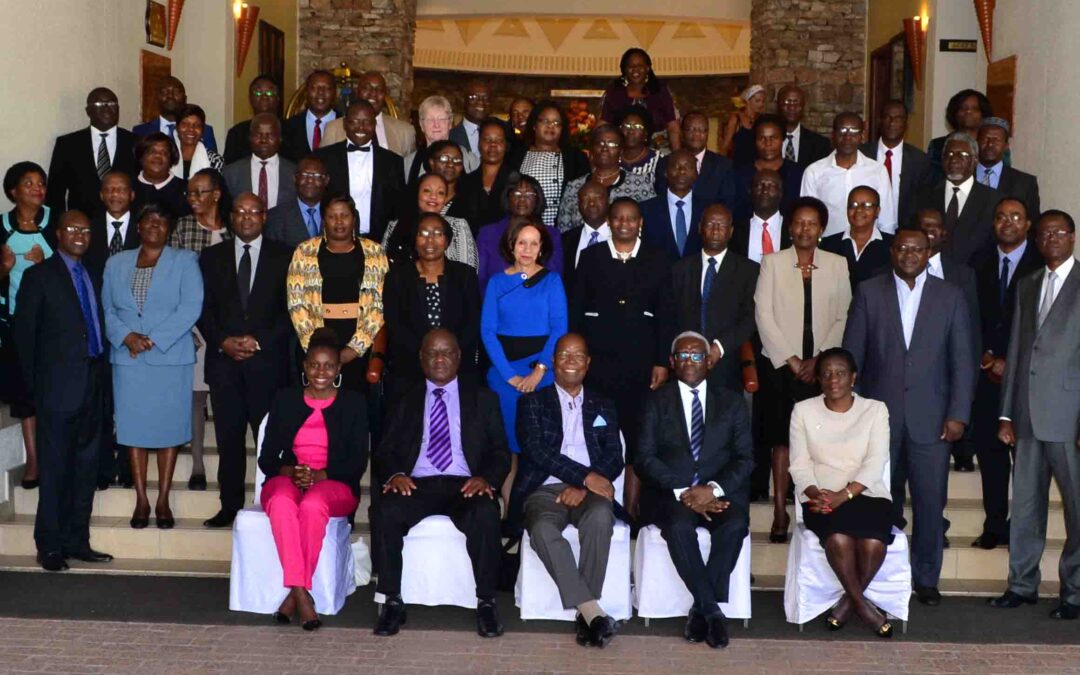
Jul 30, 2016 | News
The ICJ and the Judicial Service Commission of Zimbabwe, held a two-day Judicial Symposium for the end of the Second Term, at the Elephant Hills Hotel, Victoria Falls.
The subjects for discussion chosen by the judges reflect areas where judges felt the need for enlightenment.
In his opening remarks, the Deputy Chief Justice Malaba said that the purpose of this Symposium was to provide an opportunity for the judges to discuss and share ideas on the subjects chosen at the recreational environment.
The Symposium would serve to equip every judge with skills to feel confident in presiding over and disposing of cases fairly and expeditiously.
The former Chief Justice of South Africa Sandile Ngcobo delivered the keynote address which focused on Continued Judicial Education. Chief Justice Ngcobo stated that it was the collective responsibility of the judiciary to ensure it is sufficiently equipped to meet the demands of society and for the efficient dispensation of justice.
This would be achieved through continued judicial education.
Chief Justice Ngcobo was of the view that the importance of Continued Judicial Education lay beyond improving quality of justice but for the qualification of justice
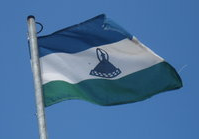
Jul 12, 2016 | News
The International Commission of Jurists (ICJ) has issued a joint statement condemning increasing acts of harassment and intimidation against journalists in Lesotho.
The joint statement expresses concern about a number of incidents threatening freedom of expression, exemplified by the recent shooting of the editor of the Lesotho Times newspaper, and have called on Lesotho Authorities to ensure the right to freedom of expression is protected.
In addition to the ICJ, the statement has also been signed by: amaBhungane Centre for Investigative Journalism; Amnesty International; Freedom of Expression Institute; Institute for Democracy; Lawyers for Human Rights; Lawyer for Human Rights (Swaziland); Media Institute for Southern Africa – Zimbabwe Chapter; Media Monitoring Africa; Open Society Initiative for Southern Africa; PEN Afrikaans; PEN South Africa; Rights 2 Know Campaign; SOS Coalition; Southern Africa Human Rights Defenders Network; Southern AFrican Litigation Centre; Transformation Resource Centre; Zimbabwe Human Rights NGO Forum; and Zimbabwe Lawyers for Human Rights.
Lesotho-Joint statement-Freedom of expression-Advocacy-2016-ENG (full text in PDF)
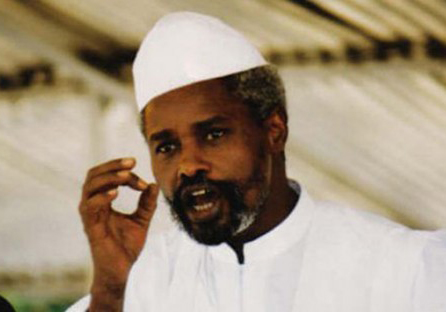
May 30, 2016 | News
The ICJ commends the victims of the former Chadian president Hissene Habre for their relentless pursuit of justice that resulted in Habre’s conviction of crimes against humanity.
Today Hissene Habre (photo) was convicted for the murders, summary executions and torture of over 40,000 people, which were committed during his rule from 1982-1990 until he was deposed by the current president Idriss Deby Itno.
For over two decades victims and survivors groups have been campaigning with human rights organizations for an end to the lack of accountability and impunity that enabled Habre to spend years in exile before prosecution.
Speaking after the handing down of the judgement by the Extraordinary African Chambers, Wilder Tayler, ICJ’s Secretary General, reminded the African Union of the “need to enhance effectiveness of the African Court on Human and Peoples’ Rights to ensure that crimes against humanity can be addressed in a timely way that ensures the provision of remedies to victims of human rights violations.”
Further, Tayler urged other countries that have housed war criminals to reconsider their attitude towards international human rights and criminal law, and to ensure that international jurisdiction and prosecution requirements to end impunity are met.
In conclusion, the Secretary General, expressed his hope that “this event mark the beginning of the end of the African continent being perceived as an epicentre of impunity.”
Contact
Arnold Tsunga, ICJ Regional Director for Africa, t: +27 73 131 8411, e: arnold.tsunga(a)icj.org
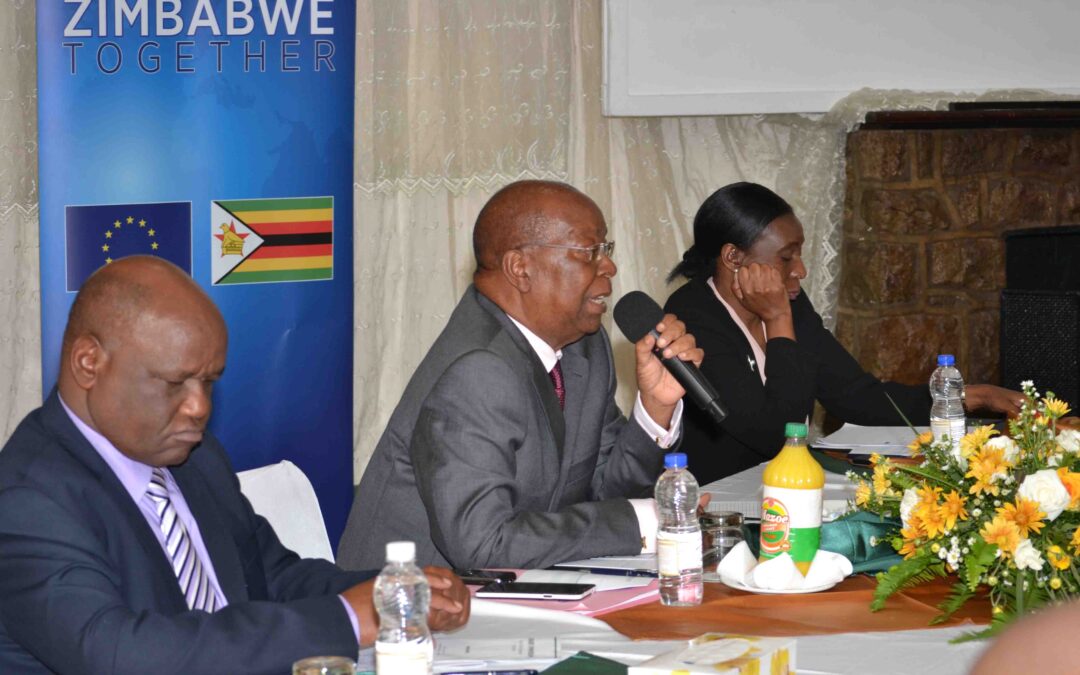
Apr 2, 2016 | News
The ICJ and the Judicial Service Commission of Zimbabwe held the End of Term Symposium for the judiciary of Zimbabwe at the Troutbeck Inn in Nyanga, 31 March – 2 April 2016.
Chief Justice Chidyausiku in his opening remarks at the End of Term Symposium, stated that the Symposia are important because they give judges an opportunity to meet and engage with each other on various issues of interest or concern.
Additionally the purpose of the Symposium is to improve the quality of service in terms of judgments and the speedy outcome of cases.
In attendance at the Symposium were 72 delegates including judges from the Supreme Court, High Court and Labour Court, as well as representatives from the Law Society of Zimbabwe.
The programme included a joint session with all the courts in attendance, to discuss topics of judicial ethics and case management.










